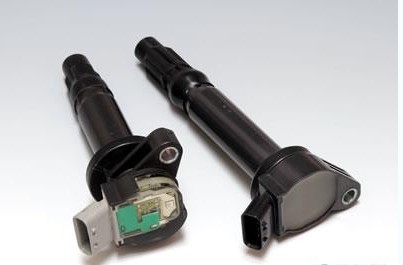
The US Department of Justice said that Diamond Motors has confessed that from July 2003 to February 2010, the company had manipulated its prices when supplying ignition coils to customers such as Ford, Toyota and Fuji Heavy Industries. The diamond motor apologized in a statement and initiated a compliance program to ensure that such incidents are prevented in the future.
In addition, the US Department of Justice announced in another statement that an executive named Takayoshi Matsunaga of Autoliv had also agreed to plead guilty, confessing that he had conspired to manipulate the price of the product while supplying seat belts to Toyota. Takayoshi Matsunaga became the 15th corporate executive in the survey. He was sentenced to one year and one day imprisonment and a fine of $20,000.
In addition to diamond motors, the other nine loyal parts companies are Denso Group, Autoliv, Tokai Ricoh, TRW Germany, Nippon Seiki, Fujikura, Furukawa Electric, Yazaki Group and GS Electech.
Thin wall injection molding is a specialized form of conventional injection molding that focuses on mass-producing Plastic Parts that are thin and light so that material cost savings can be made and cycle times can be as short as possible. Shorter cycle times means higher productivity and lower costs per part.
The definition of thin wall is really about the size of the part compared to its wall thickness. For any particular plastic part, as the wall thickness reduces the harder it is to manufacture using the injection molding process. The size of a part puts a limit on how thin the wall thickness can be. For packaging containers thin wall means wall thicknesses that are less than 0.025 inch (0.62mm) with a flow length to wall thickness greater than 200.
The following industries make use of thin wall molding:
food packaging ( e.g. food containers and lids)
automotive (e.g. both structural and non-structural car parts)
mobile telecommunications (e.g. mobile phone housings)
medical (e.g. syringes)
computing equipment (e.g. computer housings)
Thinwall Injection Mold,Thinwall Mould Maker,Oem Injection Plastic,Plastic Parts
PF Mold Co., Ltd. , http://www.pf-mold.com